Keywords: Nature
There are more than 200 results, only the first 200 are displayed here.
-
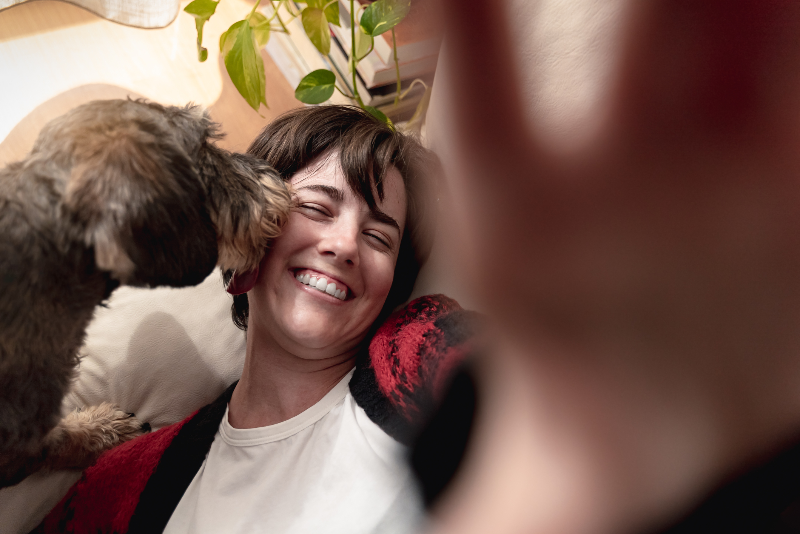
ARTS AND CULTURE
- Catherine Marshall
- 30 September 2021
3 Comments
For almost two years our pets have had us all to themselves. Everywhere I go now, the dogs follow: to the study, to the television, to the bathroom, to bed. I’m the recipient of that same loyal companionship sought out by so many during the pandemic: across the world, demand to adopt or foster animals — and dogs, in particular — has surged.
READ MORE 
-

RELIGION
- Nimmi Candappa
- 30 September 2021
22 Comments
At one level a lot is riding on this Plenary Council. Only the fifth such Council in the Australian church history, there is a great sense of anticipation among a wide variety of groups: those estranged from the church, priests looking for direction, women bereft of opportunities to express their faith and seeking a look-in, parents of uninterested children, those ostracised from the church, as well as those not wanting any changes at all.
READ MORE 
-
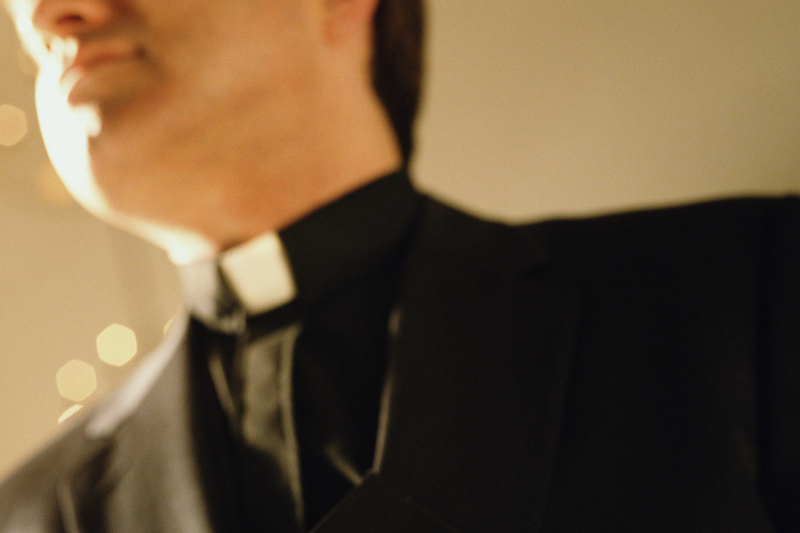
RELIGION
- Gideon Goosen
- 23 September 2021
48 Comments
The Final Report of the Royal Commission into Institutional Responses to Child Sexual Abuse identified clericalism as a significant contributor to abuse across religious institutions Australia-wide. Clericalism is rooted in a theological belief that the clergy are different to the laity, having undergone an ‘ontological change’ at ordination, and feeds the notion that the clergy may not be challenged. And according to the report, the culture of clericalism is on the rise in seminaries in Australia.
READ MORE 
-

ARTS AND CULTURE
- Michael McGirr
- 02 September 2021
15 Comments
There is a curious world called LinkedIn, a social media site for people trying to nurture their careers. The problem with it is that the participants are expected to take themselves more seriously than they might in what we used to call real life. LinkedIn has a culture of self-importance that cracks me up every time. There is nothing quite as funny as utter humourlessness.
READ MORE 
-

RELIGION
One might submit that a Plenary Council is a cumbersome instrument to ascertain the genuinely representative views of the Catholic Church in Australia. Many of the canonical strictures regarding the membership, agenda and process of the Council will dampen the original enthusiasm for the Council that provoked over 17,500 submissions.
READ MORE 
-
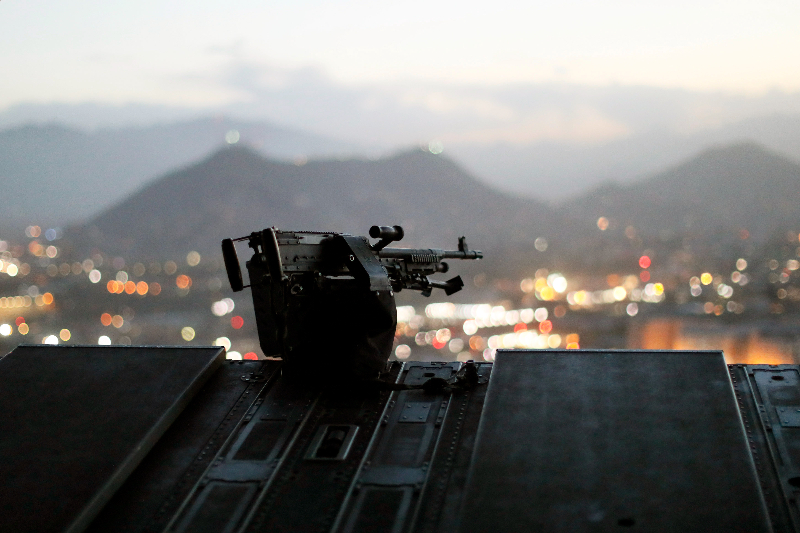
INTERNATIONAL
- Binoy Kampmark
- 24 August 2021
10 Comments
The New York Times editorial on 15 August was all about tragedy in describing the fall of Kabul to the Taliban. ‘Tragic because the American dream of being the “indispensable nation” in shaping a world where the values of civil rights, women’s empowerment and religious tolerance rule proved to be just that: a dream.’
READ MORE 
-
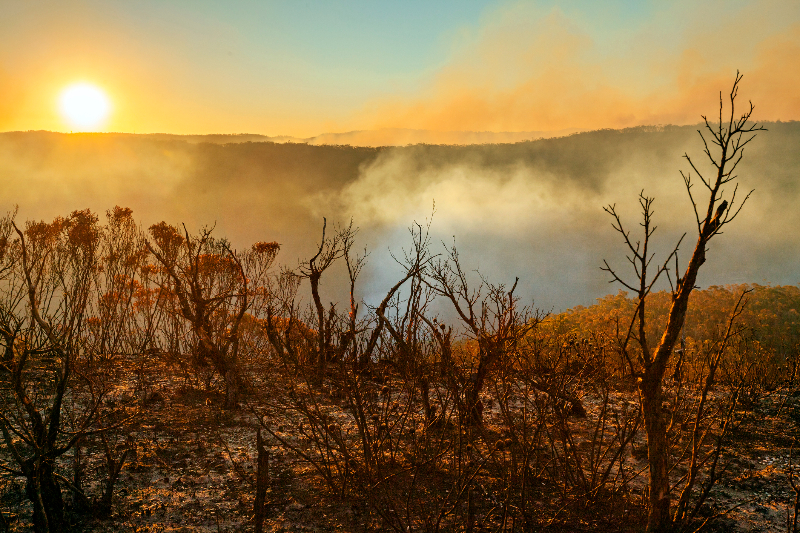
RELIGION
- Andrew Hamilton
- 19 August 2021
11 Comments
Last week the annual Catholic Social Justice Statement was launched. Entitled Cry of the Earth, Cry of the Poor, its theme is care for the environment. In the same week the authoritative Intergovernmental Panel on Climate Change (IPCC) Report warned of the need for immediate and radical effort to minimise emissions and of the likely effects of their existing growth.
READ MORE 
-
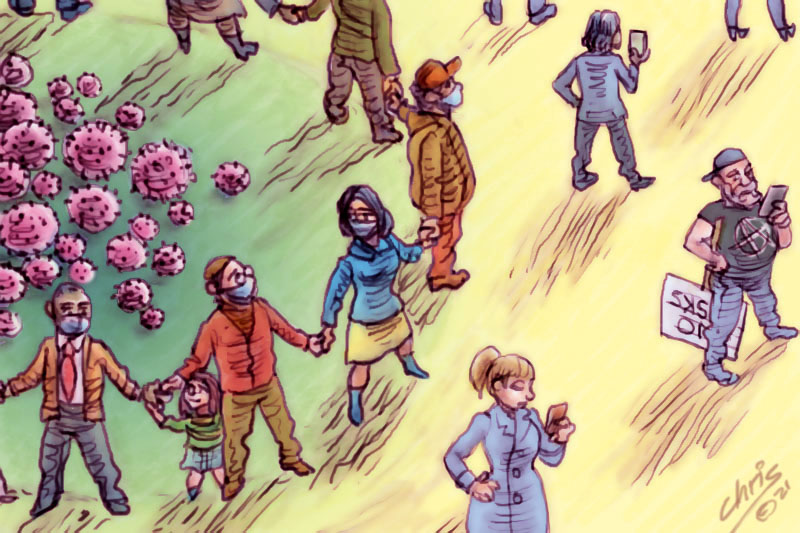
AUSTRALIA
- Barry Gittins
- 17 August 2021
10 Comments
In his 83 years, social psychologist, researcher and author Hugh Mackay has seen the sun rise and set on regimes, ideologies, cults, fads, movements and manias. He has also seen language used to clarify and build common ground, or to confuse and demoralise. One constant throughout these years has been his fascination with how human beings treat each other and their planet, and why.
READ MORE 
-
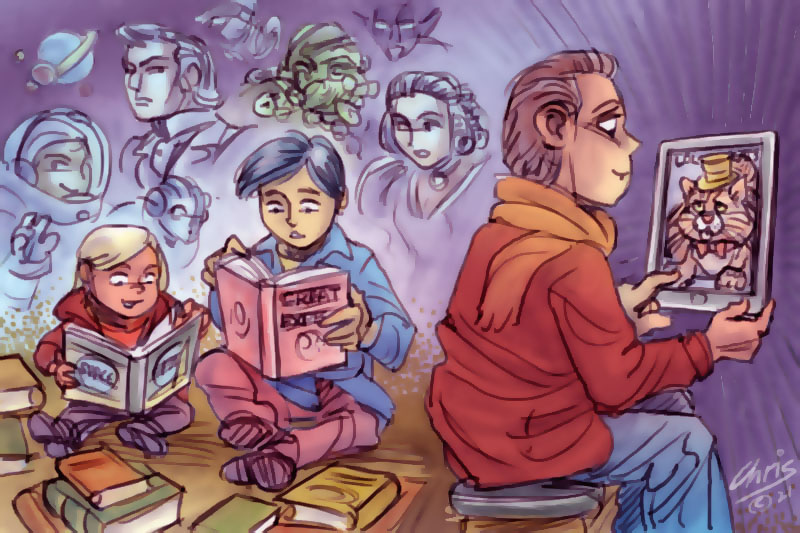
ARTS AND CULTURE
- Gillian Bouras
- 26 July 2021
19 Comments
I was at university when I first heard of the so-called death of the novel, and was frightened by the thought. But I’ve since heard the phrase many times during the ensuing decades, and am cheered by the fact that so far the novel has clung to life, albeit precariously, while novelists persist in writing, despite the many drawbacks attendant upon the practice.
READ MORE 
-
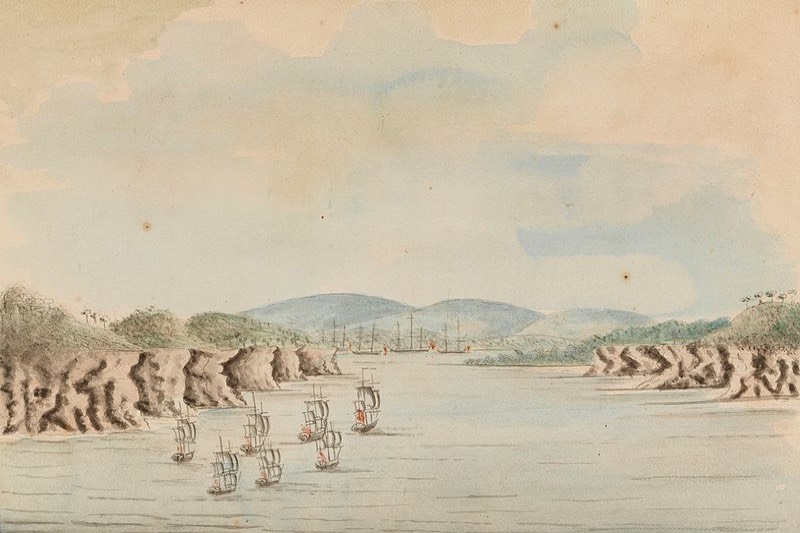
ARTS AND CULTURE
- Andrew Hamilton
- 22 July 2021
9 Comments
It is refreshing to find a work that is exploratory and invites its readers into a world more complex than they had imagined. Such a work is a recent book by Peter Dowling, Fatal Contact: How Epidemics Nearly Wiped Out Australia’s First Peoples.
READ MORE 
-
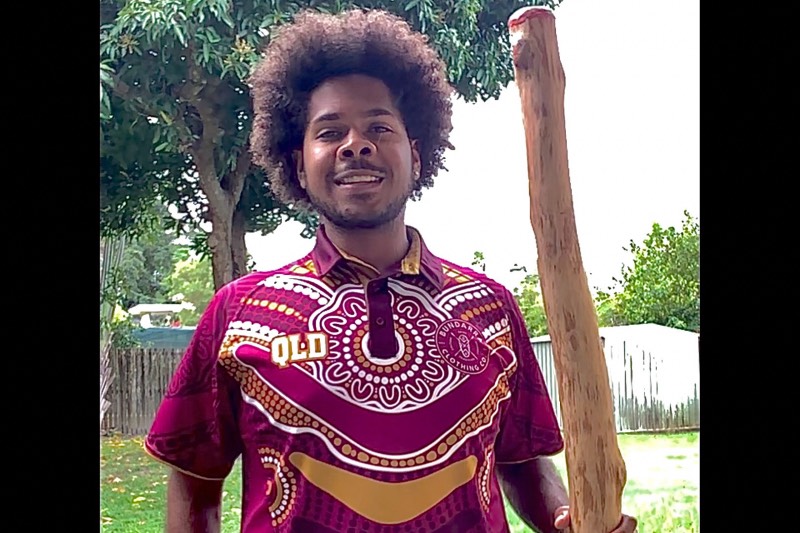
FAITH DOING JUSTICE
The question of reconciliation in the Church is particularly pressing, given 2021 marks the 250th anniversary of the arrival of Christianity in Australia, and the 150th anniversary of the arrival of Christianity to the Torres Strait. Yet many First Australians recognise that the Spirit of God was poured out onto the original inhabitants of this great Southern Land many, many thousands of years prior.
READ MORE 
-
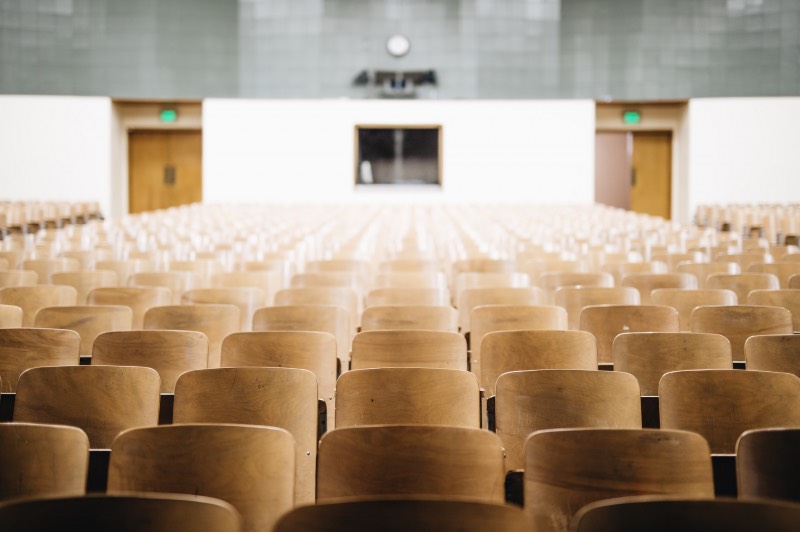
EDUCATION
The tertiary level is designed to promote change and innovation. If there is no tertiary level, there is no growth in our understanding of global religious systems, and no emerging individuals who possess critical thinking skills and historical knowledge of these systems. Without these individuals, there’s a risk that religious institutions will become more insular, regressive, disconnected and, most disastrously, unchecked.
READ MORE 